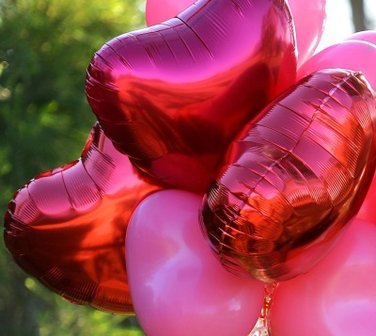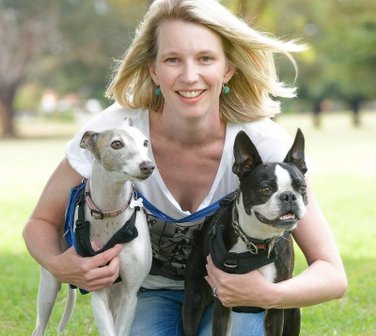Lack of sleep affects millions
Getting enough sleep is a continuing battle for one-fifth of Australian adults and some of the world’s leading researchers are in Perth in the interest of giving them a hand.
Australians are getting less sleep than ever and shift work, increasing demands on their time and more people adopting the view that sleep is an “unnecessary commodity” are to blame, according to Australasian Sleep Association president Nick Antic.
Australian and international sleep experts are presenting the latest sleep discoveries at the three-day annual Sleep DownUnder conference.
Associate Professor Antic said statistics suggesting that a quarter of the Australian population was fatigued or exhausted showed that sleep deprivation was a significant issue that needed to be addressed.
He said the financial effect of sleep disorders alone in Australia was about $5 billion a year, so it was a substantial economic problem.
“The amount of sleep people are getting is estimated to be about 7.1 to 7.2 hours per night as adults, which is a decrease of about an hour to an hour and a half on society about 20 years ago, ” Associate Professor Antic said.
“We are living in this 24/7 society where there’s work pressures, emails and electronic devices impacting on our sleep and sleep is increasingly being seen as an unnecessary commodity. But it’s absolutely not.
“If you don’t get enough sleep it can have significant consequences — it can affect your productivity, your workplace performance, your safety at work and your motor vehicle accident risk.”
Keynote speaker Avi Sadeh, from Tel Aviv University in Israel, yesterday presented research that showed babies who woke repeatedly during the night at age one were more likely to have behavioural problems as preschoolers.
Professor Sadeh said the study of 45 Israeli children stressed the importance of the quality of a child’s sleep during the “vulnerable age period” in their first couple of years.
“Those common night waking problems that are very prevalent and affect 20 to 30 per cent of the infants the first couple of years . . . they may not be benign problems, ” he said.
ZZZZZZZZZZZZZZZZZZZZZZ
Facts and stats:
- Those who sit for long periods each day experience fluid build-up that shifts to the neck overnight, triggering snoring. A simple calf exercise that stretches the legs was found to reduce fluid build-up and lessen snoring (Bhajan Singh, WA Sleep Disorders Research Institute, Perth).
- Almost one in three male miners have a moderate to severe risk of developing the fatigue-inducing obstructive sleep apnoea. A study of 575 miners working at remote sites in Australia found 43 per cent were obese and 36 per cent reported being excessively sleepy (Rhonda Russo, Sleep for Health and Safety, Sydney).
- Children in Australia and New Zealand get more sleep than children almost anywhere else. Studies of 40,000 families from 17 countries found that Australian children went to bed early, at 7.30pm, and got the most sleep compared with other countries studied (Jodi Mindell, The Children’s Hospital of Philadelphia, US).
- Teenagers who want to ace their next exam may need considerably less sleep than guidelines suggest. While 12-year-olds wanting to do well in a test should get about 8.5 hours of sleep a night, 16-year-olds need just 7.5 hours (Sarah Blunden, Appleton Institute for Behavioural Science, Adelaide).
- Snorers can be trained to spend less time sleeping on their back using a vibrating alarm that reminds them to roll over. During a study the device reduced the time snorers spent sleeping on their back from 37 per cent to just 2.5 per cent (Peter Catcheside, Adelaide Institute for Sleep Health, Adelaide).
- Day-care centres that insist children take an afternoon nap could be doing their parents a disservice, with data showing kids aged 3 to 6 who slept longer during the day had significantly shorter sleeps at night (Sally Staton, Queensland University of Technology, Brisbane).
© The West Australian
More lifestyle and family news: https://au.news.yahoo.com/thewest/lifestyle/








